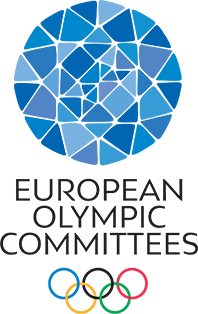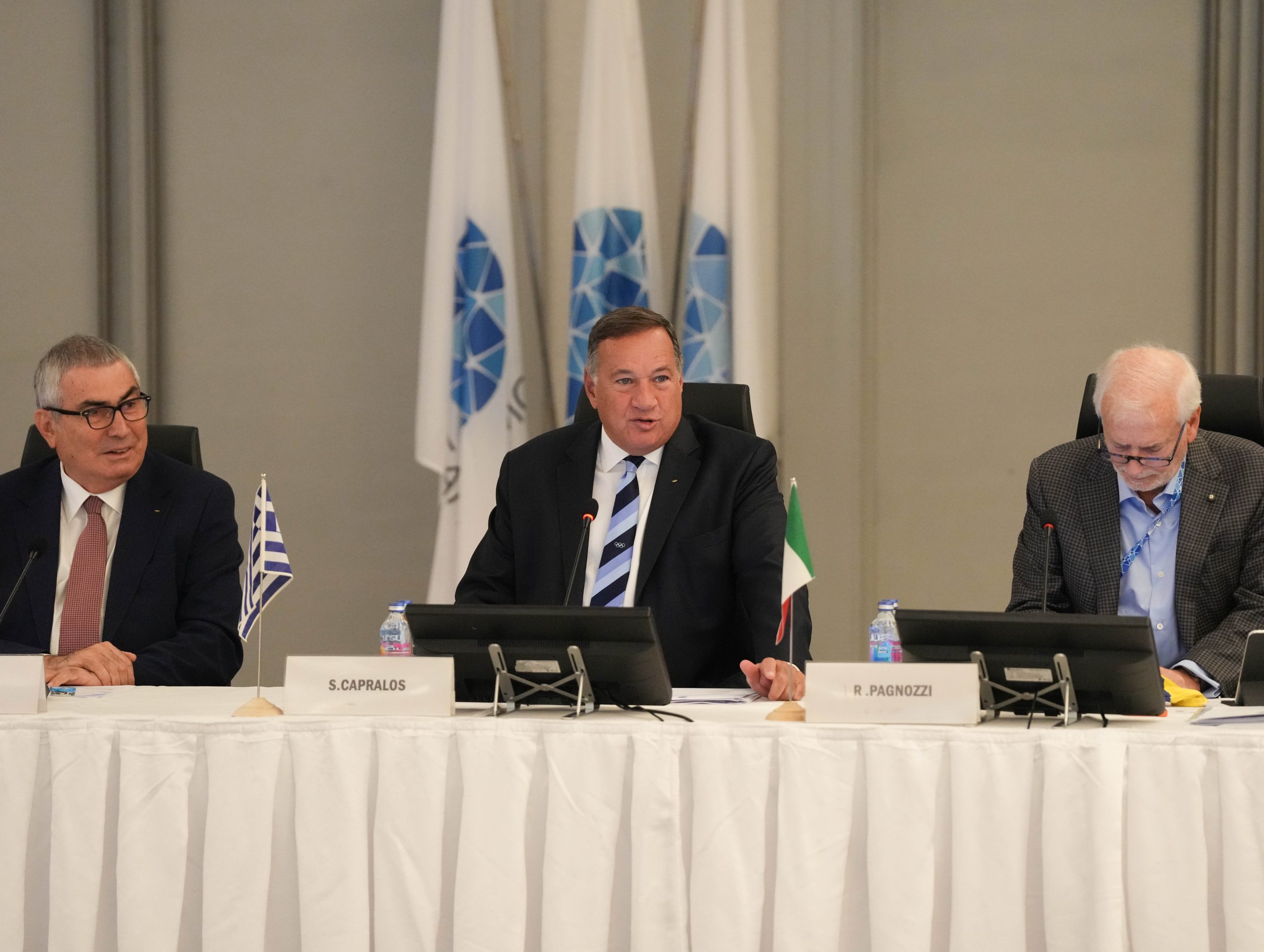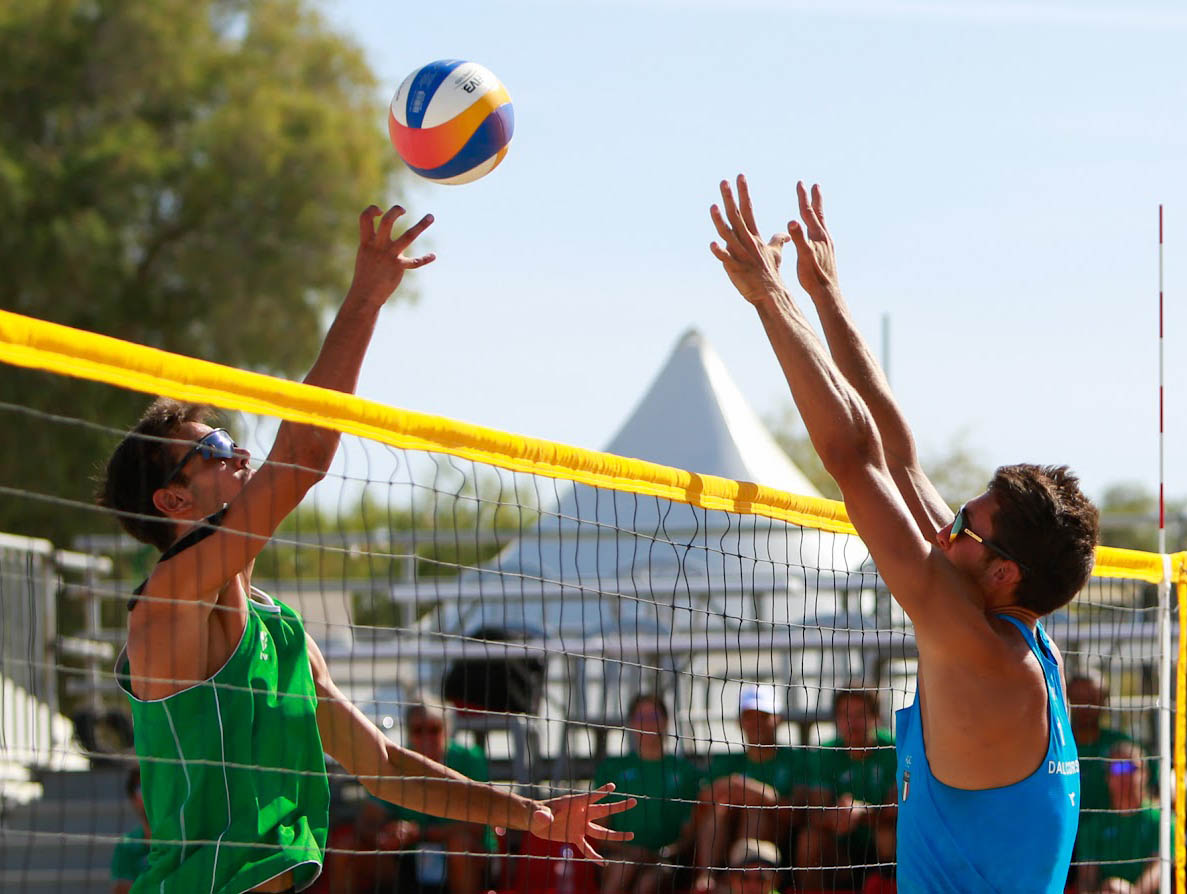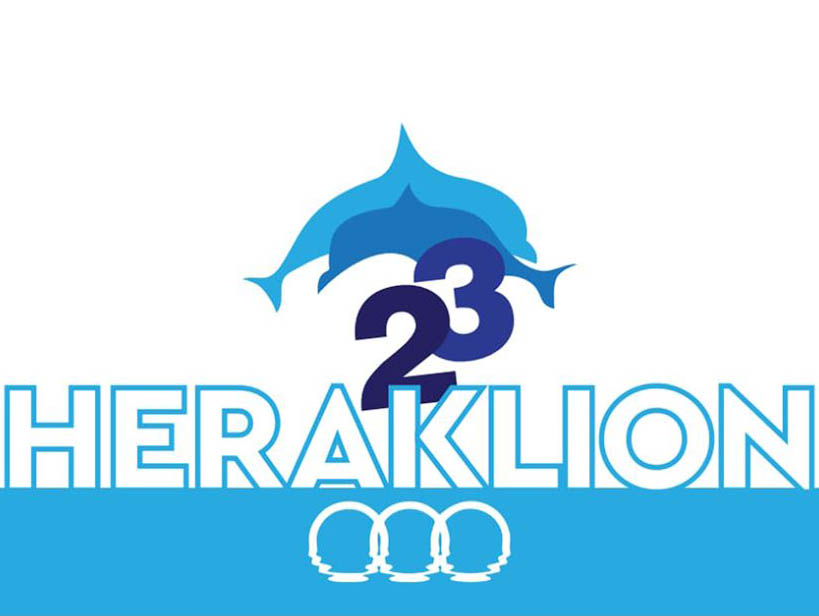1. 1.4 Billion Euros from the Structural Funds for the 2004 Olympic Games
The European Structural Funds are contributing 1.4 billion ? in co-financing for the infrastructure of the 2004 Olympic Games in Athens.
With the money local public transport in Athens is meant to be modernised and expanded.
Michel Barnier, the Commissioner for Regional Policy, met for discussions with the President of the Organisational Committee for the Olympic Games, the Greek Prime Minister, and the Finance and Environment Ministers on 22 July 2002. Barnier emphasised that the European Commission is not taking part in the actual organisation of the Games; however, it wants to support the Greek authorities and the Organisational Committee so that the Olympic Games will be a complete success. Barnier promised to examine the possibility of making further resources from the Cohesion Funds available for infrastructure projects.
2. Project Examples URBAN II
In the last issue we reported about URBAN projects with a connection to sport from Marseilles and Berlin. This month we are giving examples for URBAN II projects from Pamplona (Spain) and Dortmund (Germany).
Pamplona: Construction and renovation of a public sports complex in Rochapea
The measure falls under the programme focal point in favour of employment, and serves for the introduction of cultural leisure activity and sport services. A renovated multi-purpose complex is meant to make sports and entertainment activities possible for the residents. In addition, better use of the already existing infrastructure is meant to be achieved. The project was completed in June 2002.
Dortmund: Fredenbaum Park Project – Qualification and expansion
In Dortmund the Fredenbaum Park is to be expanded from 2004 to 2006. The emphasis in the programme is on the improvement of urban area quality and the expansion of leisure and local recreational areas close to residential areas. With the project a bridge is to be made between leisure time and sport parks. By means of a competition and an expert report it is meant to be determined how the Fredenbaum Park in the northern interior city can be attached to the landscape area lying behind it with the water axes of the Dortmund-Ems Canal and the Emscher. Through the creation of a bathing beach on the canal or on a new lake, for example, a free bathing and play site could arise.
For the project costs of 1,000,000 ? are estimated.
3. New Expert in the EU Office
As from 15 July a new member of the Austrian association’s sport organisation is strengthening the EU Office of German Sport in Brussels:
Michael Trinker, 29 years young, will fill out the team as an expert in the future. Mr Trinker finished his studies in political science with a specialisation in International Relations in Vienna in 1998. With a year of studying in New York he extended his academic education with postgraduate studies and graduated in May 2000 from Long Island University with a Master of Arts in International Studies.
Within the framework of an internship in the Directorate General of the European Commission he was able to gather initial experience in Brussels already in 1999. Through his one and one-half years of professional activity in an organisation (regional management), which among others things was involved with the settlement of EU-subsidised projects, he has good background knowledge of the EU subsidy system behind the scenes.
In his free time Mr Trinker loves to run, and he is a kayak enthusiast. As a club official in a sport club he knows where associations need support.

















